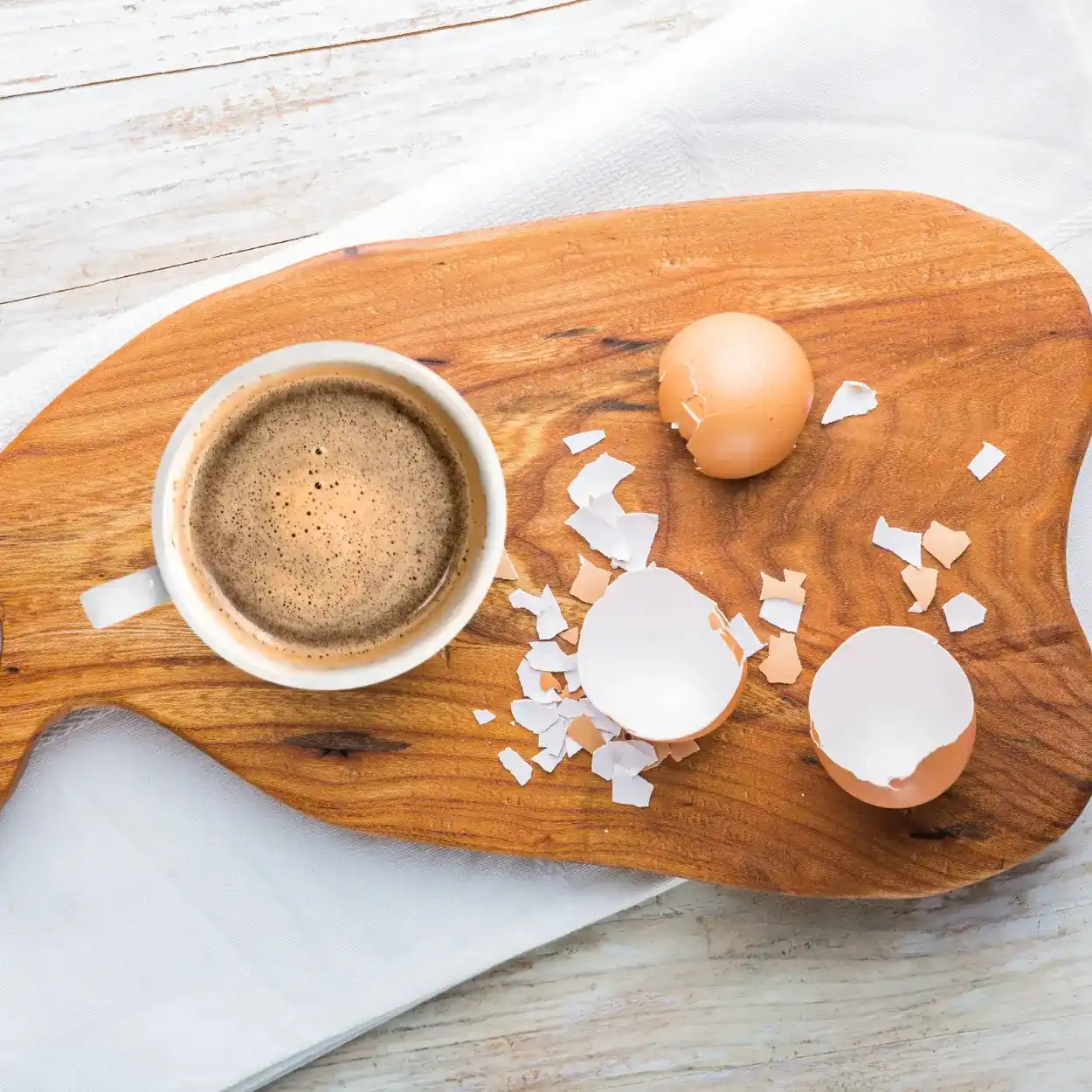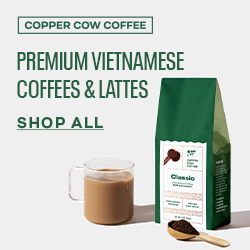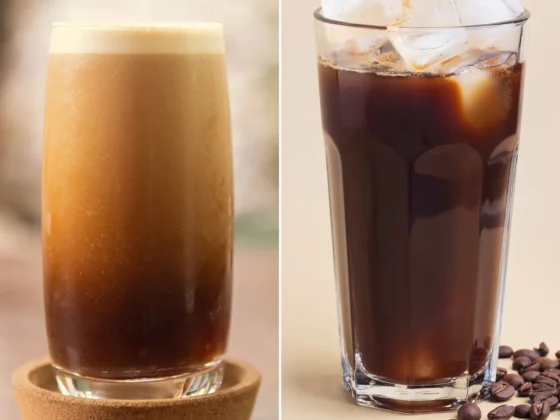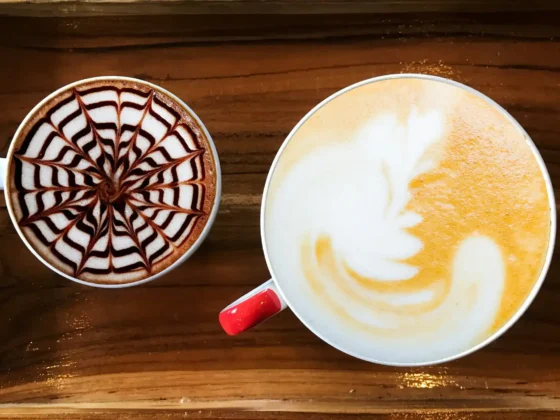Exploring the rich tapestry of coffee culture often leads to discovering hidden gems that are both intriguing and beneficial. One such gem is the age-old practice of brewing coffee with eggshells, a method steeped in tradition, yet surprisingly relevant in contemporary society. This article delves into the historical roots of this custom, its cultural significance, and its current adaptations, offering valuable insights into how a simple ingredient like eggshells can significantly elevate your experience of this delightful beverage.
Along the way, we’ll touch on the role of coffeehouses in preserving tradition, how modern takes on ancient recipes are emerging, and why eggshells in coffee have gained attention in today’s eco-conscious world. As you read on, you’ll find that this seemingly odd combination is not only practical but also emblematic of a broader ethos of sustainability and culinary curiosity.
Eggshells in Coffee: Key Takeaway
- Historic Roots: Adding eggshells to coffee has cowboy origins and offers both flavor and practical benefits.
- Balanced Flavor: Composed of calcium carbonate, eggshells neutralize the beverage’s acidity, appealing to those sensitive to strong flavors.
- Eco-Friendly: Using eggshells in coffee aligns with sustainability goals and reduces waste, fitting circular economy ideals.
- Coffeehouse Impact: Traditional cafes preserve methods like adding eggshells while also fostering modern innovations in this drink.
- Cultural Blend: Coffee with eggshells reflects evolving traditions, balancing old practices with modern lifestyles and tastes.
Why Put Eggshells in Coffee?
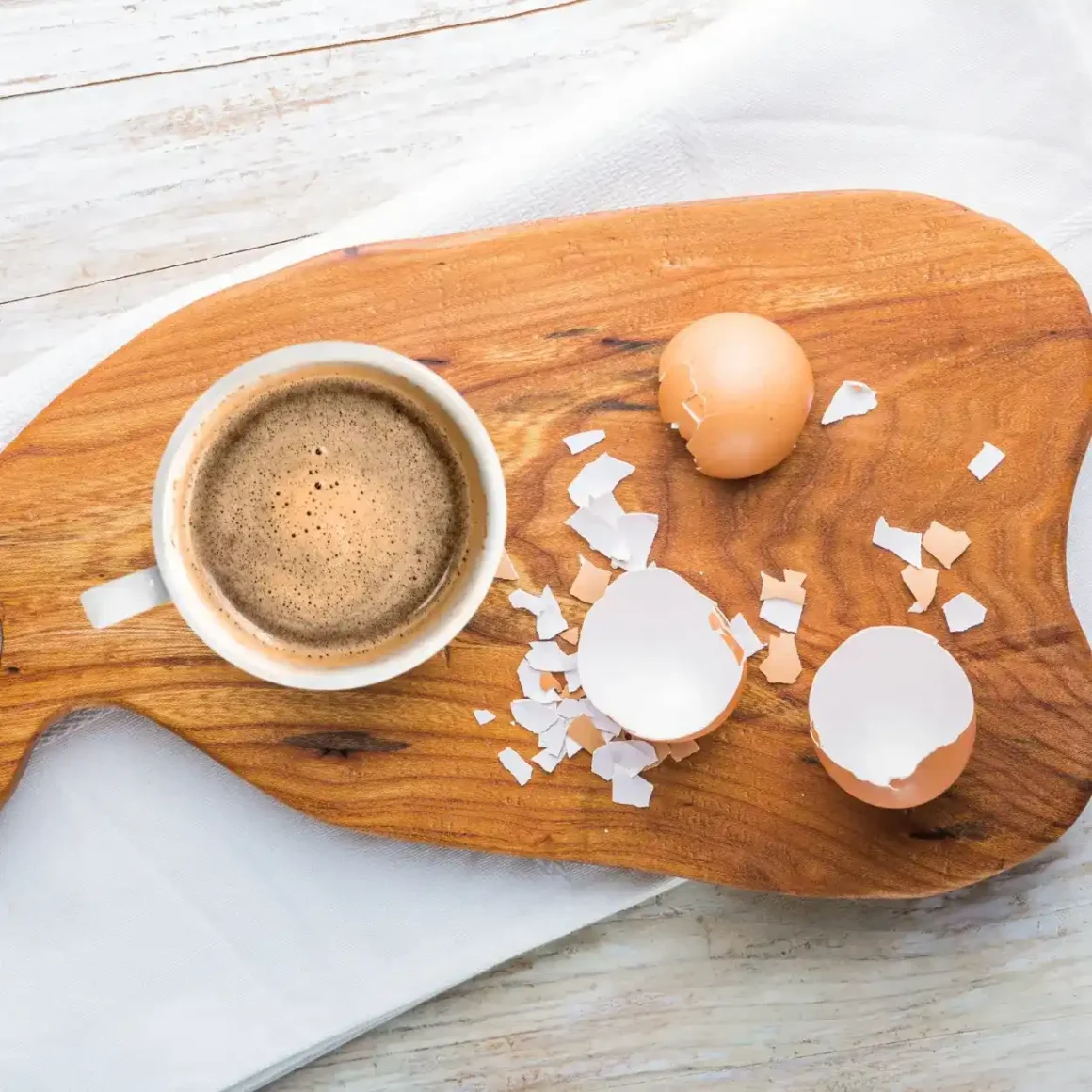
Integrating eggshells into your coffee might strike some as unusual, but there are particular advantages that fans of the brew find valuable. There are mainly two convincing rationales for using eggshells in coffee. The primary reason is to mitigate the inherent acidic and bitter qualities that this beverage often possesses, transforming it into a smoother drink. The secondary, and perhaps lesser-known purpose, is to aid in settling the coffee grounds, an aspect especially useful for those who brew their cup of joe in more rustic scenarios like camping.
In contexts like making cowboy coffee over a campfire, the practice of adding eggshells is even more relevant. The method helps anchor loose the grounds at the bottom of the pot, a feature incredibly beneficial when you’re brewing this drink without modern filtration. Utilizing eggshells in such settings not only makes the flavor more agreeable but also serves the functional purpose of keeping the grounds in place.
The Science Behind the Blend
The infusion of eggshells in your coffee might raise eyebrows, but this unconventional method has roots in basic chemistry. Let’s delve into how eggshells serve as a natural filter, the chemistry that defines this beverage’s flavor, and the taste notes you can expect from this unique blend.
Eggshell as a Natural Filter: How it Works
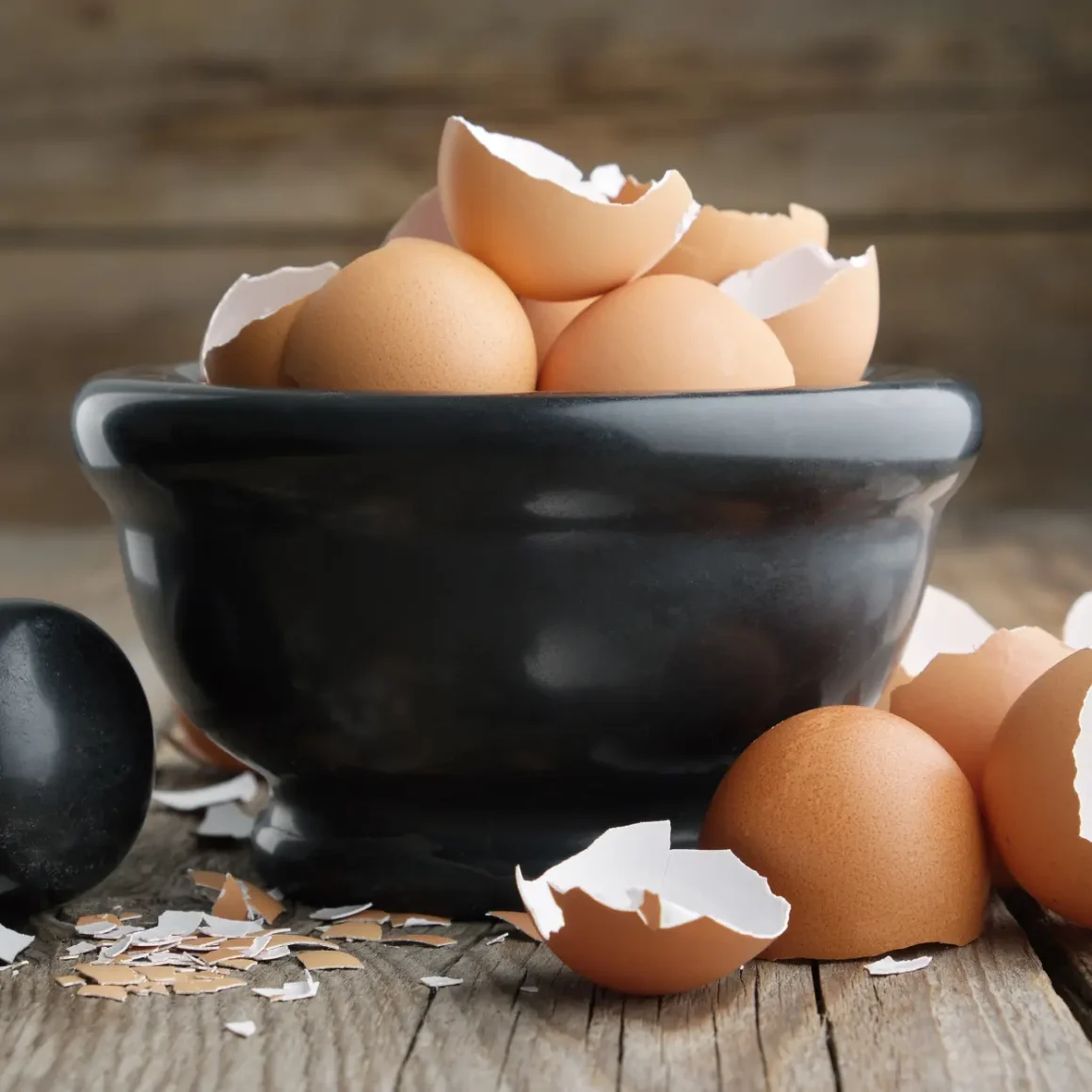
Incorporating eggshells into coffee might sound offbeat, but there’s a reason this practice has garnered attention.
- Alkaline Nature: Eggshells are fundamentally alkaline. Their alkalinity acts as a natural counterforce to the acidity present in this drink.
- Neutralizing Acid: When an alkaline substance meets an acid, they interact to nullify each other to a degree. The quantity of eggshell you use will determine how much of the acid gets neutralized.
- Reducing Bitterness: By decreasing the acidity levels, eggshells also cut down on the bitter taste that some brews have. This makes the beverage easier on the palate for those who aren’t fans of a strong, bitter cup.
In essence, using eggshells in coffee serves as a balancing act, leveling the acidic and bitter characteristics that this beverage inherently carries, leading to a smoother drinking experience.
The Chemistry of Coffee: Acidity and Alkalinity
Coffee, in its basic form, is a complex beverage defined by its chemical components.
- Natural Acidity: A cup of joe inherently has a degree of acidity. This is more pronounced in some types of drinks than others, and it directly influences their flavor profile, often making them robust and strong. (1)
- Interaction with Alkaline Substances: Acids and alkaline substances aim to neutralize each other when they come into contact. This is the key chemical process when eggshells are introduced into the brewing of this cup of joe.
- Impact on Flavor: The higher the coffee’s acidity, the stronger and more bitter it will likely taste. Balancing this out with an alkaline substance such as eggshells can make this beverage milder and more universally enjoyable.
The chemistry between the alkaline eggshells and the acidic coffee leads to a brewed cup that is more palatable to a wider range of people.
Tasting Notes: What to Expect from Eggshell Coffee

Adding eggshells to your coffee creates a unique flavor profile that you might find pleasing.
- Reduced Acidity: As previously discussed, the foremost change you’ll note is the subdued acidity levels, which directly influence how strong this drink tastes.
- Milder Flavor: While the complexity of a cup of joe might take a slight hit, many find the milder, smoother flavor more agreeable.
- Taste Consistency: One advantage is the consistency in taste that eggshells provide. Your cup is less likely to vary in acidity and bitterness, offering a uniform taste experience.
So, when you opt to blend eggshells into your coffee, expect a drink that leans towards a more balanced, less bitter profile, appealing to those who prefer their beverage smooth and easygoing.
Step-by-Step Guide: Making Your Own Eggshell Coffee
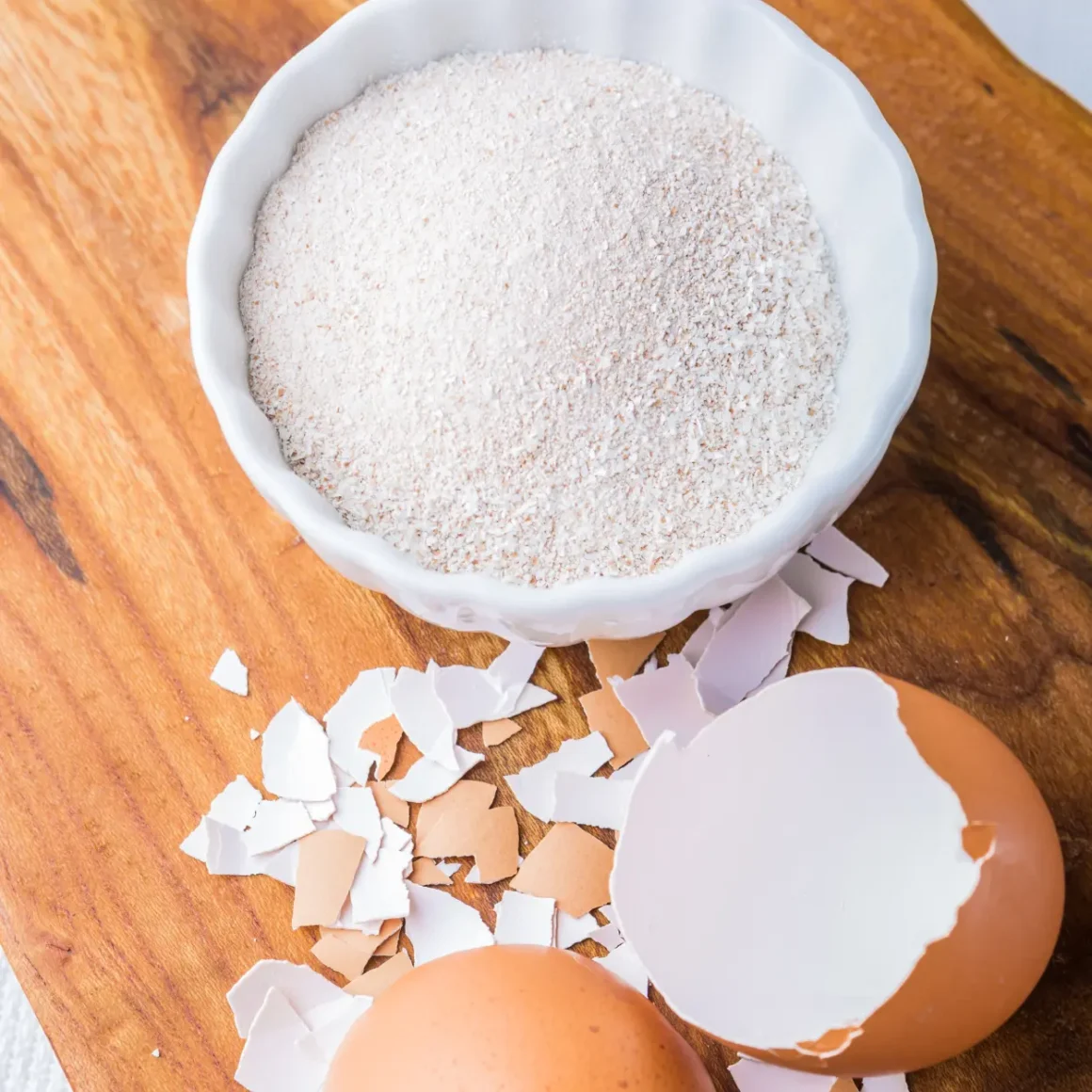
Embarking on a journey to make your perfect cup of coffee with eggshells? This comprehensive guide is designed to walk you through each stage of the process, from choosing the best ingredients to refining your brewing technique and exploring complementary flavors.
Choosing the Right Beans and Eggshells
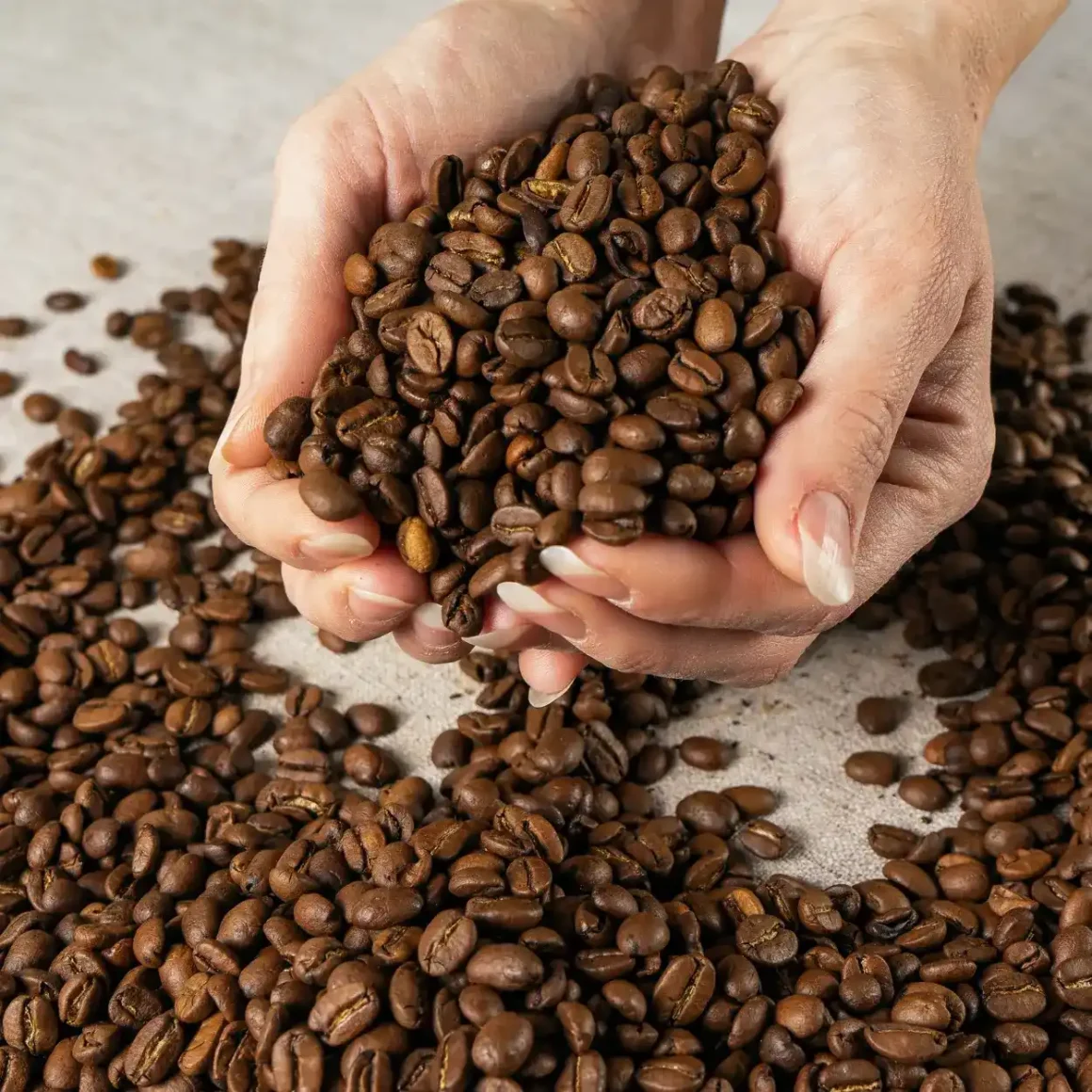
Selecting quality components is paramount when you’re crafting a beverage as unique as eggshell coffee. Let’s delve into how to choose the best beans and eggshells for your cup.
- Coffee Beans: Opt for freshly roasted beans to ensure maximum flavor. Whether you like a robust dark roast or a lighter, aromatic variety, make sure your beans are sourced from reputable suppliers.
- Eggshells: Not all eggshells are created equal. Organic, free-range eggs generally provide shells that are free from harmful chemicals and additives. Ensure the shells are thoroughly cleaned to minimize any health risks.
Investing in high-quality beans and responsibly sourced eggs can significantly enhance the flavor and safety of your beverage.
The Perfect Brew: Techniques and Tips
The method of brewing can drastically affect the outcome of your experience. Here are some pointers to help you achieve that perfect brew.
- Coffee-to-Eggshell Ratio: Maintain a balanced proportion between your grounds and eggshells. A good rule of thumb is one eggshell for every four cups of coffee, ensuring a smooth blend without compromising flavor.
- Crushing the Eggshells: Crumble the eggshells adequately so that they blend well with the grounds. But don’t crush them too finely— you don’t want them to sneak through the filter.
- Timing and Temperature: For most brewing methods, a water temperature between 195–205°F is ideal. Don’t rush the brewing process; allow time for the coffee and eggshells to interact and produce the desired flavor.
Remember, practice makes perfect. Feel free to experiment with different brewing methods and adjust your ratios to better suit your taste preferences.
Flavor Pairings: What Goes Best with Eggshell Coffee

A well-made cup of joe is like a blank canvas—it opens up numerous possibilities for flavors that can be added to create your personalized cup.
- Dairy or Non-Dairy Creamers: Whether you like classic dairy or prefer almond or oat milk, the choice of creamer can bring out different nuances in eggshell coffee.
- Sweeteners: Natural sweeteners like honey, maple syrup, or agave can provide a unique complement to the mellowed bitterness.
- Spices: Consider adding a dash of cinnamon or nutmeg to introduce complexity and added aroma to your cup.
In essence, your options are only limited by your creativity. Feel free to experiment with different combinations to discover what delights your palate when paired with eggshell coffee.
Surprising Health Benefits of Eggshell in Coffee
When it comes to unconventional coffee add-ins, eggshells may not be the first thing that comes to mind. However, this kitchen discard has the potential to not only enhance your beverage but also offer a range of health benefits. Here, we delve into the intriguing practice of putting eggshell in coffee and explore its advantages.
Nutrient Composition: What’s in an Eggshell?
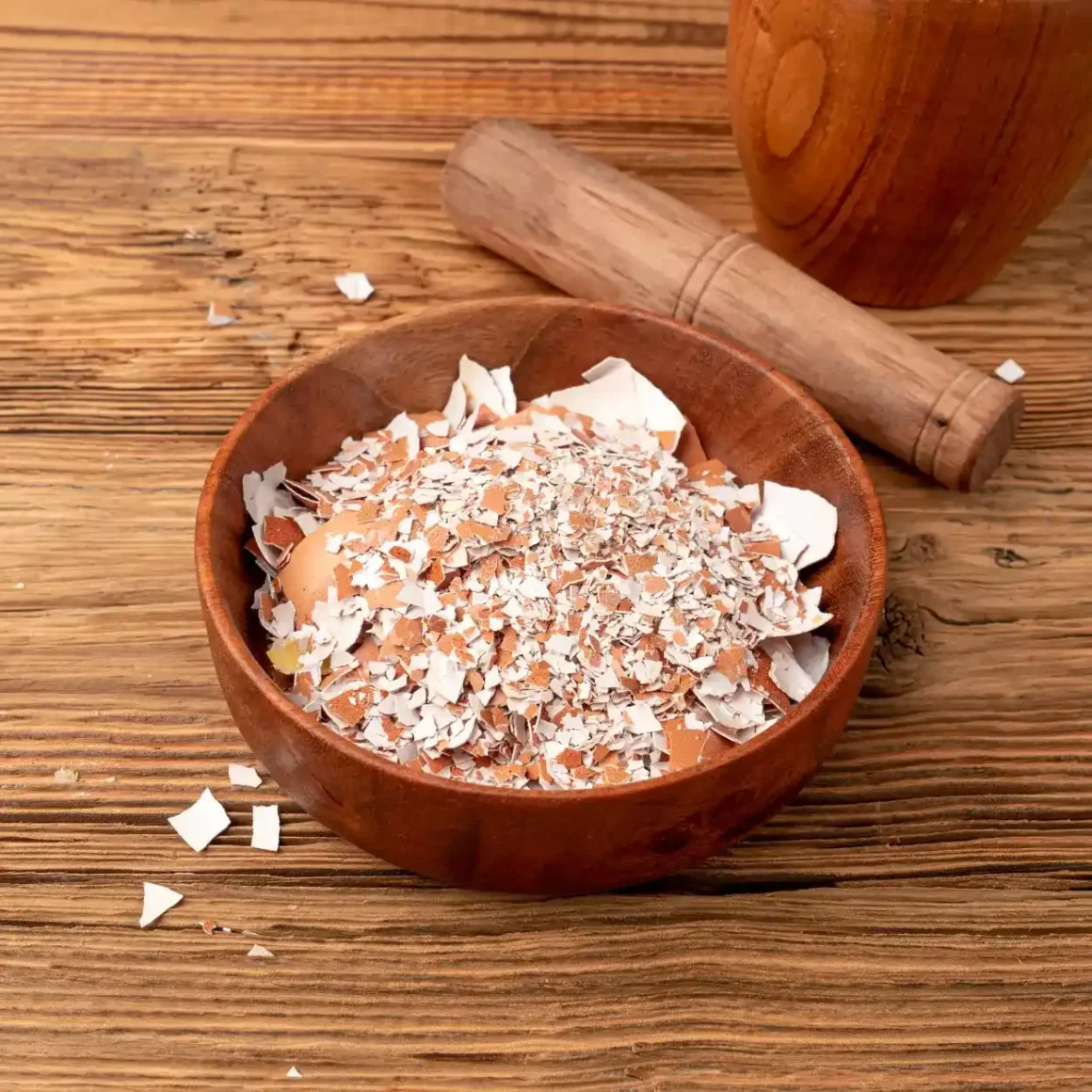
Before diving into the benefits, it’s important to understand what nutrients are present in eggshells that make them worthy of your morning brew.
- Calcium Carbonate: The primary component of eggshells, calcium carbonate can contribute to meeting your daily calcium needs.
- Proteins and Organic Compounds: Though present in smaller amounts, these constituents play a significant role in the bioavailability of calcium.
- Trace Minerals: Minerals like strontium, magnesium, and fluoride are also found in minimal amounts but are essential for various bodily functions. (2)
In essence, incorporating eggshells into your coffee not only provides essential nutrients but also enhances the overall mineral content of your beverage.
Enhancing Flavor: Balancing Acidity with Calcium
One of the lesser-known benefits of this practice is its effect on this drink’s taste profile.
- Reducing Acidity: The calcium carbonate in eggshells acts as a natural acid neutralizer, balancing out the coffee’s pH levels.
- Smoothing Bitterness: The calcium interacts with the grounds, reducing the bitter elements and making for a smoother cup.
- Flavor Depth: When you add the eggshells into the brewing process, they mingle with the coffee oils, subtly altering and enriching the beverage’s flavor.
By employing eggshells, you’re not just amping up the health factor but also perfecting your cup’s overall taste.
Sustainability and Zero Waste: An Eco-Friendly Coffee Tradition
The idea of using eggshells in coffee grounds may sound novel, but it’s rooted in a tradition of sustainability and minimizing waste.
- Resourcefulness: Using eggshells in coffee is an excellent way to repurpose something you’d usually discard, offering a double benefit of health and flavor.
- Reduced Waste: Instead of contributing to landfill, the eggshells are used beneficially, reducing your kitchen waste footprint.
- Minimalist Approach: In line with zero-waste living, this practice leverages the full utility of everyday items, contributing to a more sustainable lifestyle.
The eco-friendly aspects of this practice not only serve the planet but also add another layer of satisfaction to your daily ritual.
Historical Roots of Coffee with Eggshells
The practice of adding eggshells to coffee might appear to be a recent culinary innovation, but it has deep historical roots that stretch back more than a century. The custom not only enhances this beverage’s flavor but also carries significant cultural meanings and applications across the globe. Let’s dive into the historical journey, cultural relevance, and global adaptations of this fascinating tradition.
Tracing the Origin: From Whence it Came

The tradition of using eggshells in coffee has been notably traced back to cowboys and cowgirls more than 150 years ago. It emerged as an essential part of their brewing routine, aiming to refine the taste of this drink.
- Alkaline Benefits: As previously discussed, the alkalinity found in eggshells effectively neutralizes the beverage’s inherent acidity, resulting in a smoother drink.
- Traditional Cowboy Methods: Companies like Blackstar Authentic Cowboy Coffee, hailing from Toronto, have picked up on this age-old custom, collaborating with farms to procure finely ground eggshells for their premium coffee lines.
- Waste Utilization: Farms like Burnbrae repurpose eggshells from their various egg-based products, diverting what would be waste into a component of a gourmet cup of joe experience.
This traditional brewing method has managed to stand the test of time, proving that some of the most straightforward solutions can result in the most delicious outcomes.
Cultural Significance: More than Just a Beverage
Adding eggshells to coffee isn’t just a culinary trick; it’s a culturally significant practice that carries different meanings across various communities.
- Resourcefulness and Sustainability: As mentioned before, using eggshells in coffee serves as an excellent example of zero-waste living, aligning perfectly with the modern ethos of sustainability.
- Cowboy Culture: For cowboys and cowgirls, this method wasn’t just about making a good cup of joe; it was a way of life that demonstrated resilience and adaptability.
- Corporate Responsibility: For companies like Burnbrae Farms, the practice aligns with their Corporate Social Responsibility (CSR) goals, helping to reduce waste and lessen their environmental footprint. (3)
By transforming what could be discarded into something valuable, this practice adds a layer of meaning that extends far beyond the cup of joe.
Global Adaptations: How Different Cultures Embrace It
The incorporation of eggshells in coffee has found its way into various cultures around the globe, each adapting the practice to its unique culinary landscape.
- Gourmet Coffee Lines: In Canada, companies like Blackstar are adding eggshells to create high-end coffee blends, elevating a once-rudimentary process into an art form.
- Camping Communities: Those who love the great outdoors, particularly campers, have adopted this method as a practical way to settle coffee grounds and enhance flavor when brewing the beverage over an open flame.
- Eco-conscious Initiatives: Globally, the practice is gaining traction as an eco-friendly method aligned with sustainability and waste reduction, as evident in Burnbrae Farms’ commitments.
The custom of adding eggshells to coffee has not only persisted but flourished, illustrating its timeless appeal and versatility across varying cultural contexts.
Coffee Culture: Tradition vs. Innovation
The coffee industry finds itself at an intriguing crossroads between traditional brewing methods and contemporary innovations. The rich tapestry of this beverage’s culture is filled with age-old recipes that inspire modern interpretations. At the same time, today’s enthusiasts of this beverage are increasingly concerned with ecological sustainability. Let’s explore how these different facets play out in the contemporary world of this lovely drink.
Contemporary Takes on Age-old Recipes

Modern coffee aficionados often look to the past for inspiration, breathing new life into traditional brewing methods. Here are some ways contemporary takes have spruced up age-old recipes:
- Cold Brew: Once limited to the dedicated few who planned their cup of joe a day in advance, this method has taken off, thanks in part to its promotion in popular coffeehouses.
- Nitro Coffee: Inspired by traditional draft systems, nitrogen-infused coffee offers a different texture and presentation while staying rooted in classic brewing methods.
- Eggshell Infused Coffee: Brands like Blackstar Authentic Cowboy Coffee have revolutionized traditional cowboy brewing techniques, incorporating finely ground eggshells into gourmet coffee lines for a smoother finish.
Whether it’s making cold brew more accessible or applying nitrogen infusion, modern-day coffee culture enriches time-honored recipes while keeping their essence alive.
Coffeehouses and the Role of Tradition
Coffeehouses have long been cultural hubs where tradition and innovation coalesce. From Italian espresso bars to Turkish coffee shops, each type of these venues carries its heritage, showcased through various brewing methods and presentations.
- Espresso Machines: In many Italian coffeehouses, espresso is king, and the machinery used to create it is often vintage, preserving the authenticity of the process.
- Manual Brewing: Places like Japanese kissaten and specialty coffee shops often use pour-over methods or siphon brewing, paying homage to the artisan aspect of this beverage-making.
- Community and Storytelling: These establishments often serve as platforms for sharing folklore about traditional coffee-making methods, including the surprisingly resourceful ways in which plants like coffee grounds and eggshells can be reused or repurposed.
Coffeehouses do more than just serve a delightful cup of joe; they act as keepers of tradition, blending the old with the new in a welcoming environment.
Eggshell Coffee in Today’s Eco-conscious World
As concerns about sustainability and environmental impact come to the forefront, the use of eggshells in coffee is gaining renewed attention.
- Waste Reduction: As mentioned before, companies like Burnbrae Farms have aligned the practice with their Corporate Social Responsibility (CSR) goals, effectively repurposing eggshells that would otherwise contribute to landfill waste.
- Circular Economy: The eggshell-coffee initiative showcases how businesses can participate in a circular economy, turning waste materials into valuable products.
- Consumer Awareness: The eggshell coffee trend is increasingly appealing to an eco-conscious audience, which values both the enhanced flavor and the sustainable aspects of this unique brewing method.
In the contemporary landscape, the utilization of eggshells in coffee not only delights our taste buds but also resonates with our increasing commitment to eco-friendly practices.
Conclusion
In conclusion, the intriguing practice of brewing coffee with eggshells offers a fascinating glimpse into the seamless blend of tradition and innovation in today’s culture. From its historical roots in cowboy coffee to its modern-day iterations in specialty coffee brands, eggshells in coffee serve not only to refine the beverage’s flavor but also to embody the greater goals of sustainability and waste reduction. Contemporary coffeehouses continue to be custodians of both traditional recipes and modern trends, often acting as community hubs where narratives about resourceful and eco-friendly practices are exchanged.
In an era that values both flavor complexity and ecological responsibility, the use of eggshells in coffee serves as a poignant example of how tradition can be maintained while embracing change and environmental stewardship. Whether you’re a casual drinker of this beverage or a dedicated aficionado, understanding the multifaceted benefits of coffee with eggshells may add a new layer of enjoyment and conscience to your daily cup.
FAQ
Can eggshell in coffee help those with stomach issues?
Yes, the alkaline nature of eggshells can neutralize the drink's acidity, potentially making it easier on the stomach.
How does the calcium in eggshells affect coffee flavor?
The calcium carbonate in eggshells neutralizes the acidic compounds in this beverage, resulting in a smoother, less bitter brew.
What is the environmental impact of eggshell waste in coffee brewing?
Repurposing eggshells in coffee reduces waste and contributes to sustainability by diverting eggshells from landfills.
What about adding coffee grounds and eggshells in the garden?
Coffee grounds and eggshells can be beneficial for gardens, as they enrich the soil with essential nutrients like nitrogen and calcium.
How do different cultures modify the eggshell coffee tradition?
Different cultures have adapted the eggshell coffee tradition to fit their own brewing methods and flavor profiles, adding a unique twist to this age-old practice.
